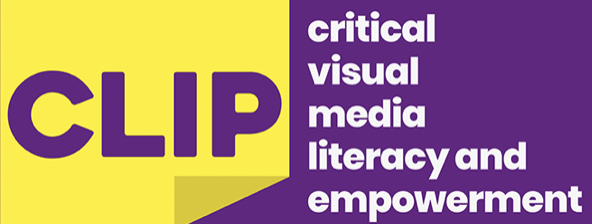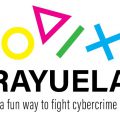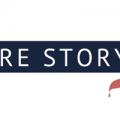
13 Oct CLIP – CRITICAL VISUAL MEDIA LITERACY AND EMPOWERMENT
13 Oct, 2022
The purpose of the CLIP project was to strengthen the digital capabilities of the Higher Education sector (HE) and increase resilience to manipulation and polarisation, by working on the important issue of critical visual literacy, which is a fundamental component of the way European students and citizens are getting informed in the digital era. The project provided European HEIs with tools and educational resources to detect image bias and stereotypes in visual artefacts, strengthening their capacities to work with media and image manipulation from a critical viewpoint.
Thus, the project tackled a specific and not yet fully covered area of digital literacy, i.e. visual media literacy, which influences how people learn, communicate and interpret reality. A typical feature of online communication in the digital age is the pre-eminence of visual over textual communication, which requires a deeper understanding, and the start of a new dialogue among qualified Higher Education institutions, and between the academy and society at large.
The project’s main target groups were:
- First and second-level HE students, and students of any level, were equipped with more sophisticated digital media literacy and fluency competencies.
- Professors and researchers shared analytical tools and piloted the implementation of the project in their universities.
- Academic staff
- Stakeholders in the field of Education, Training, Life-long Learning, VET
OBJECTIVES
- Raise awareness of the role played by higher education in Europe to enable the fair and resilient digital transformation, tracking disinformation and bias in visual communication through education and training.
- Increase the digital fluency and critical consciousness about visual media of European students and faculties, both within communication study communities and transversely across subjects, nourishing misinformation-resilient behaviours and providing them with the practical skills to detect image bias as well as stereotypes in visual artefacts.
- Enable academic staff, senior management and communication staff at the universities to develop sustainable strategies for integrating visual media literacy at all levels of course offering
PROJECT OUTPUTS
- The Report on Visual Media Literacy in Europe, which critically integrates the challenges imposed by visual media illiteracy, the competences to be developed to support visual media literacy, and a set of tools that can be used to track misleading visual information.
- The Micro-learning course in critical visual media literacy and fluency is a 50-hour online course available in English, Greece and Italian. It aims at providing participants with a deep understanding of the significance of images in present societies. Through a series of four modules, learners develop the ability to detect images and recognize stereotypes in visual artefacts. They also learn to navigate the visual landscape, discerning the credibility of the pictures they come across in their daily lives.
- The scalability and transferability toolkit containing operational guidelines and recommendations for implementing a learning offer on visual media literacy in HE.
PARTNERS
CLIP brings together four partners from three countries (Italy, Belgium, and Greece) with vast ranges of complementary expertise in education, (digital) participation and network cooperation.
- UNIMED (Unione delle Università del Mediterraneo) – Coordinator, Italy
- IULM (Libera università di lingue e comunicazione), Italy
- ALL DIGITAL, Belgium
- HOU (Hellenic Open University), Greece





